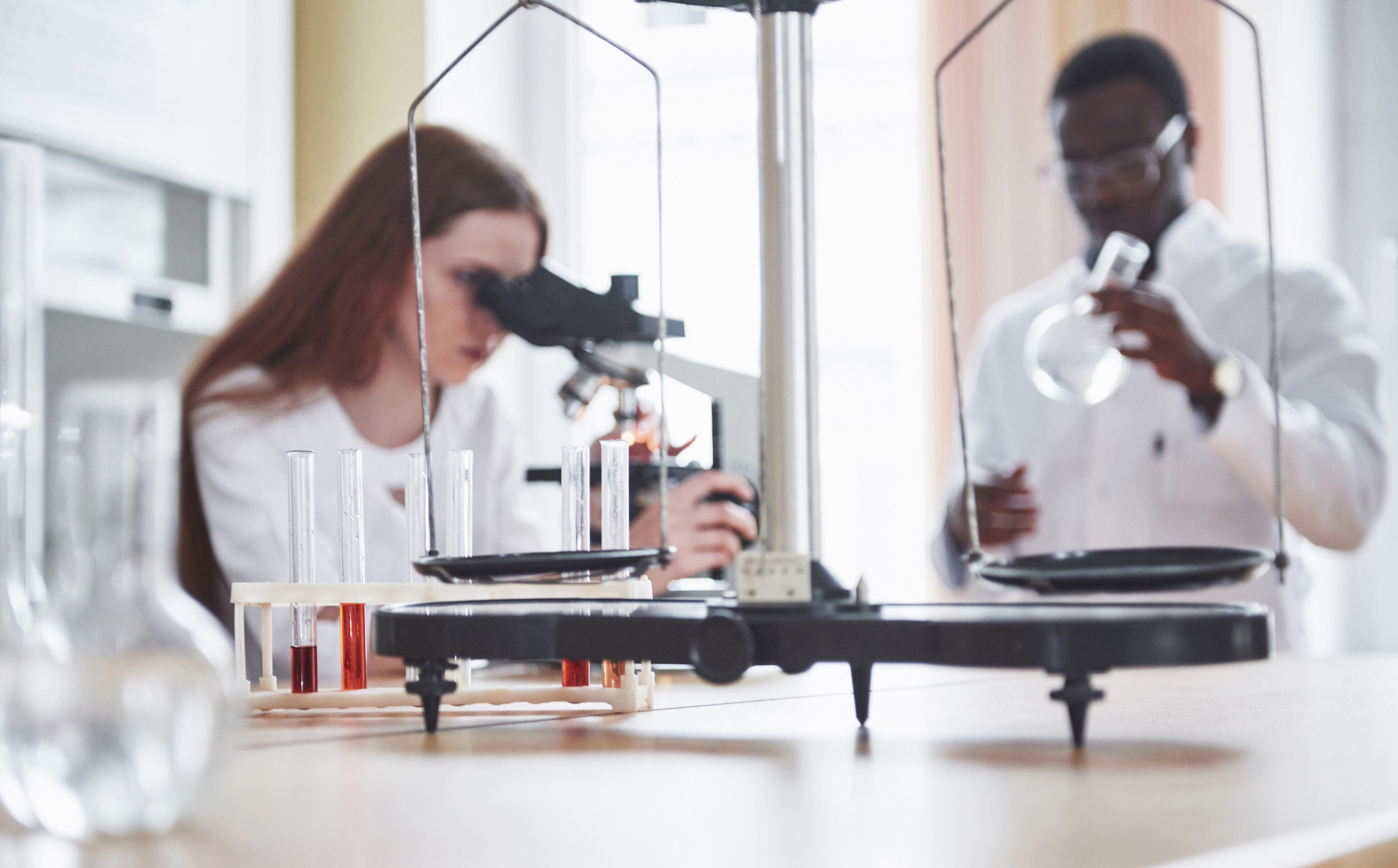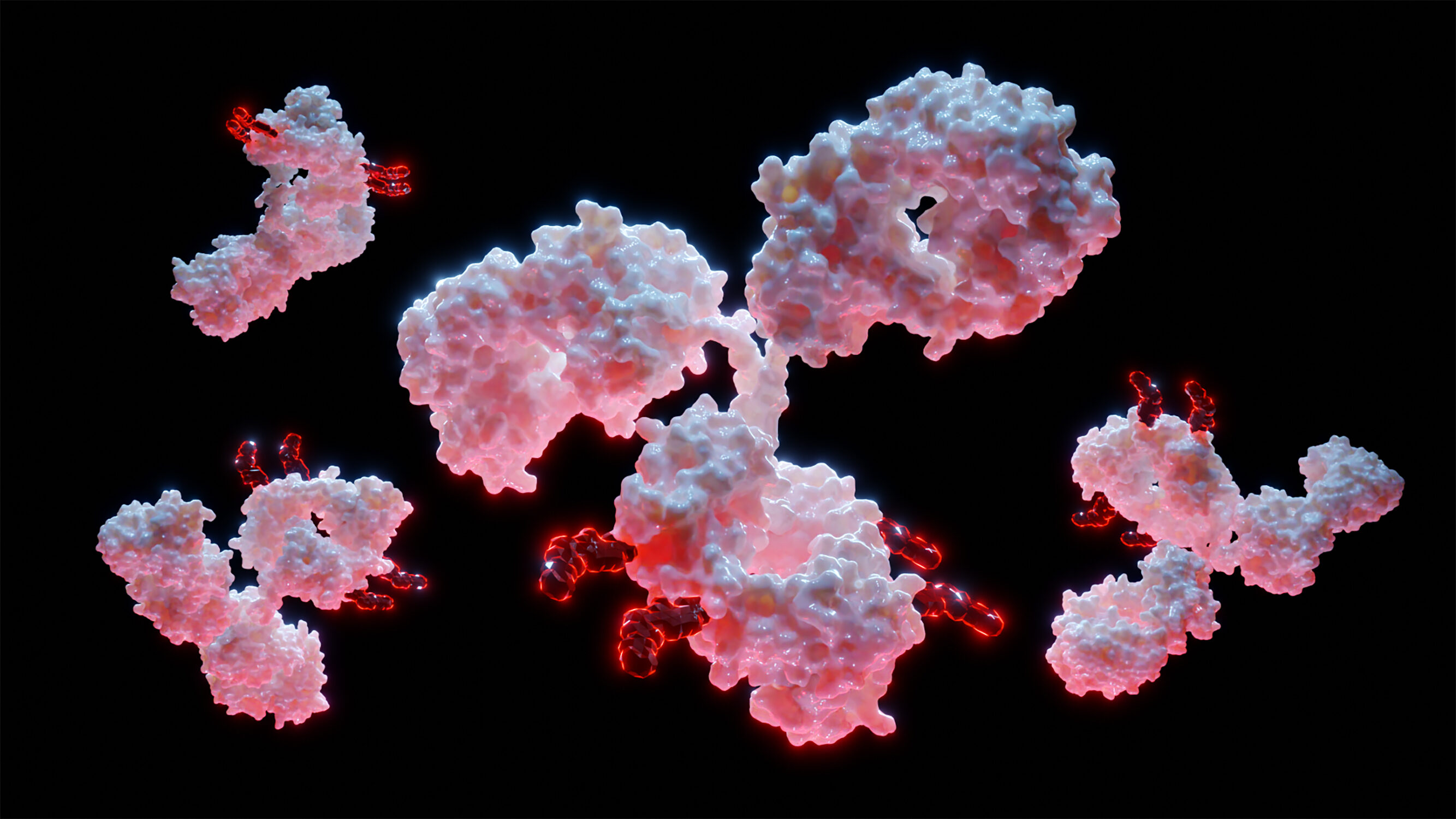Cart (0 Items)
Your cart is currently empty.
View Products
Our developability evaluation highlights key liabilities upfront to secure the manufacturability of your antibody. Within 2–3 weeks, you can prevent late-stage developability issues and protect your project from costly delays. This early assessment helps you save resources and avoid time-consuming variant re-design.
By derisking development early, you accelerate your path toward a market-ready candidate.
Assess 7 key developability parameters to make the right optimization decisions and support your recombinant antibody production services. At the end of the project, you receive a comprehensive report detailing all analyzed parameters and including a full risk assessment, with an optional 3D structural model.
A dedicated PhD-level expert supports you in interpreting the results and guides you toward the best strategic decisions for the next stages of your antibody development with the option to leverage our high throughput antibody production service.

You benefit from high-quality scientific expertise and proven know-how in antibody development. Our antibody developability services are fully customized, even for complex projects: they adapt to all antibody formats and species.
Thanks to a fully transparent, AI-powered process, you can optimize your lead antibody variant and accelerate your path to the clinic.
Our services work in full synergy, enabling seamless management of every stage of your project. A dedicated PhD-level expert oversees your entire custom antibody project, ensuring continuity and precision at every stage.
